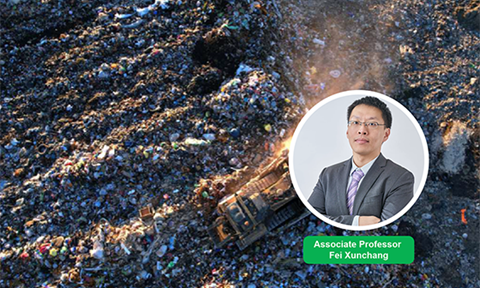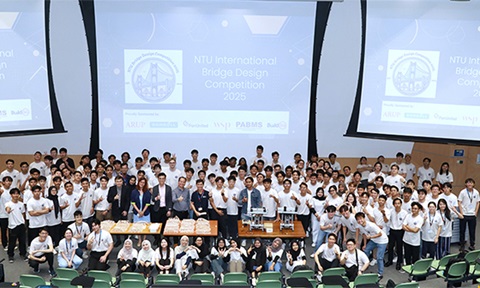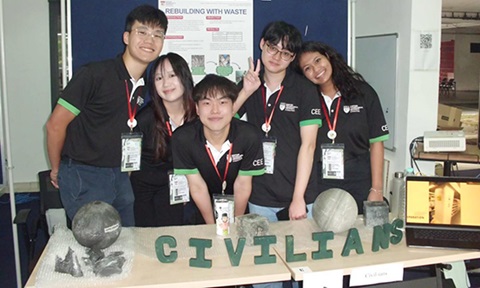Congratulations to Assistant Professor Shi Chao on the award of MOE Tier 1 SEED Grant Award

Project Write-up
The government of Singapore has an ambitious plan to transform the city-state into a tech-driven smart city. It has set aside S$850 million for a Construction Productivity and Capability Fund (CPCF), aiming to boost construction productivity and efficiency by harnessing emerging and intelligent technologies such as Building Information Modelling (BIM).
While above-ground BIM models are well-established, the development of underground digital twin models is still in early infancy due to a lack of effective tools for building subsurface stratigraphy from limited site investigation data. An accurate underground digital twin model can greatly streamline the design, construction, and operation of underground infrastructures.
This proposal aims to develop a deep learning framework that can effectively leverage valuable prior geological knowledge reflected in limited training images to build subsurface models from sparse site investigation data. The proposed project will first develop a data augmentation model to generate multiple plausible geological cross-sections or training images from a single training image. A deep generative framework will then be established to incorporate multi-source data and the augmented training image database to automatically generate high-resolution subsurface models with quantified stratigraphic uncertainty.
The proposed deep generative method will be the first of its kind to tackle the long-standing challenge of subsurface stratigraphy from limited site investigation data. The outcomes from this project will benefit geotechnical practice worldwide by providing effective tools to automatically build high-resolution digital subsurface models for underground digital twins, which will have tremendous economic and societal impacts, particularly in Singapore, where numerous large-scale underground construction projects are in progress.







